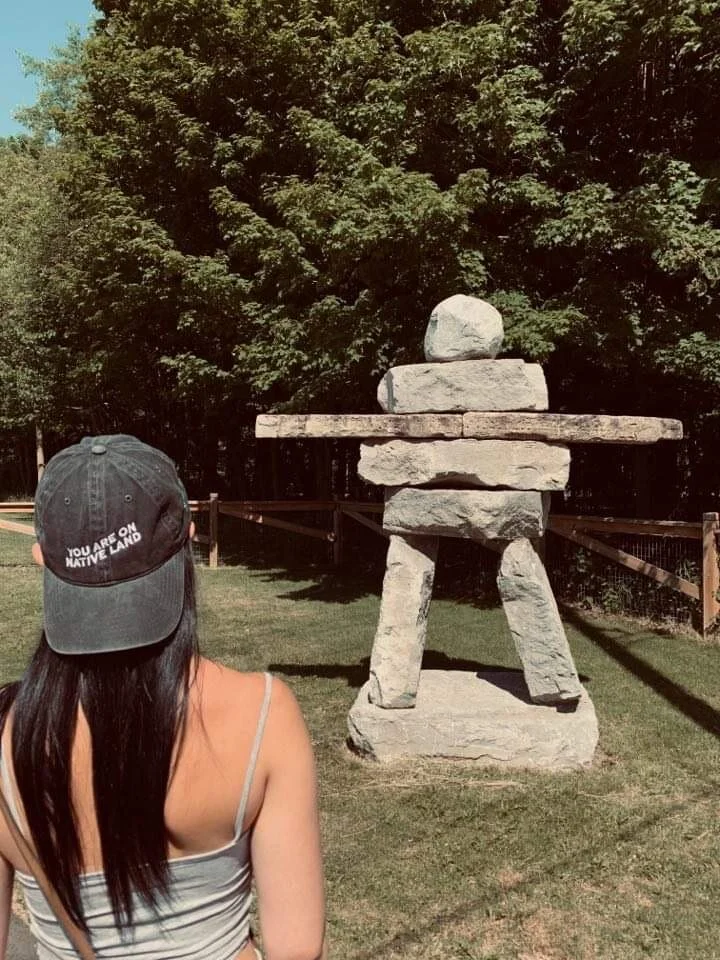By: Ayesha Khan
Despite the lack of representation in the faculty at York University, there is a significant population of Indigenous students and a breadth of Indigenous experience at the university. Delilah* is an Indigenous student at York University. She is a part of the Qalipu Mi’kmaq First Nation and is an Inuk. She shared that she still experiences both overt and covert racism on an individual and systemic basis.
“A lot of people don’t realize they’re being racist.” She tells of her experiences at school. “I’ve had colleagues call me names such as ‘squaw.’ There was even one girl who found out that I was Inuk and said ‘ahh, you’re a snow Mexican.’” For those who are unfamiliar, squaw is a racist and offensive word used against Indigenous women.
Unfortunately the anti-Indigenous racism Delilah was faced with only gets worse. She recalls a particular discussion on the Missing and Murdered Indigenous Women and Girls (MMIWG) inquiry. In an argument about it, one classmate openly stated that Indigenous women deserved violence because “they are all prostitutes.” Not only is this a callous response to the epidemic of MMIWG but this racist and dangerous thinking is what justifies the disregard for Indigenous life.
The racism doesn’t stop at students. According to Delilah, there is a range of problematic behaviours on behalf of faculty, from subtle microaggressions to blatant inappropriate commentary. “I’ve had a TA tell me to drag my ‘*ss back to the rez.’” She details, “overall, there are many teachers who are self-reflexive and backtrack when I call them out, but I’ve had teachers misidentify me as Mohawk, tell me that my history isn’t valid because it isn’t in the books and treat Indigenous cultures as if they are extinct. I’m not extinct; my people are living and real.”
Indigenous people have been living on this continent since time immemorial. Indigenous cultures and peoples are not artifacts of antiquity; they are very much alive today. However, because of settler colonialism, many of the institutions that exist today are predicated on racist understandings of indigenous peoples and were created to further Indigenous erasure. And unfortunately Delilah’s experience at York was no different.
Delilah shares her stories to hold institutions accountable and to raise awareness about the lived realities of racism affecting Indigenous peoples.
“I’m proud of who I am.” She reflects. “Knowing I carry my ancestors with me everywhere I go is incredible.”
*Name has been changed to protect privacy.

